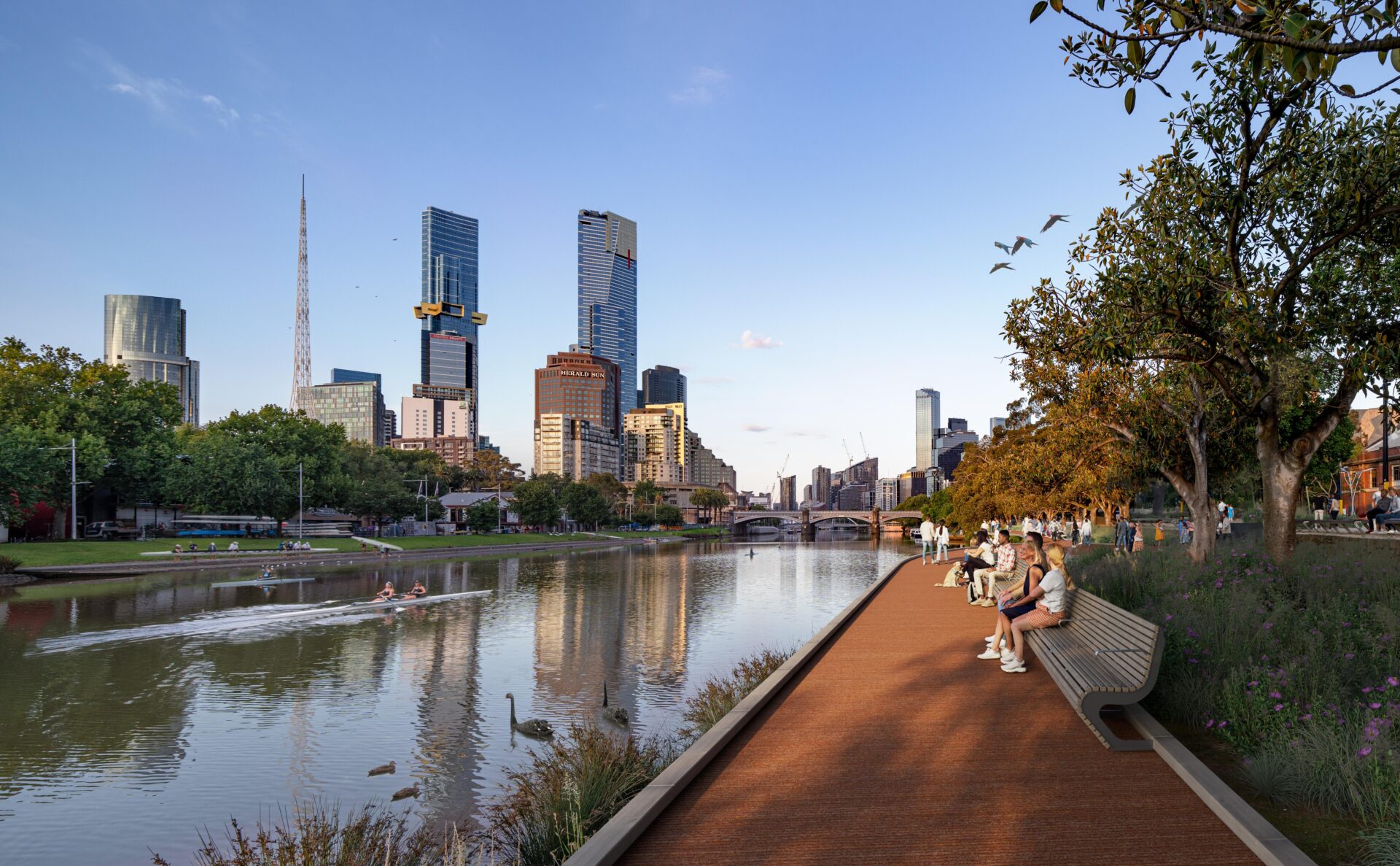A formerly underutilised warehouse has become a dynamic hub for circular economy innovation, drawing attention from across Australia’s business and sustainability sectors.
Spearheaded by FB Ideas and backed by the Victorian government, this creative ecosystem is energising Melbourne’s ambitions to become a global leader in sustainable urban regeneration.Supported by a two-year pilot programme launched in 2023 under a $179.4 million government investment, the Circular Design Collective is reimagining how cities can grow responsibly. This initiative is providing vital infrastructure and funding for early-stage startups, scale-ups, and creative entrepreneurs working in sustainability, reuse, and resource-conscious design.As part of the initiative, several small businesses have taken up residence in a refurbished warehouse near Gamuda Land Australia’s The Canopy development.
These ‘innovators in residence’ are not only creating eco-conscious products but are also experimenting with new systems that tackle environmental challenges through design and collaboration.Among them is After, a textile recycling startup that emerged from a simple but profound realisation: Australians are short on transparent, convenient options to dispose of clothes responsibly. The team, now operating from the Fishermans Bend hub, is trialling new methods of textile reuse and recently struck an unexpected yet impactful partnership with Singapore Airlines’ Kris+ programme, enabling users to earn miles for recycling.
Fellow innovators include Dodgy Paper and Lousy Ink, which transform paper waste into handmade artist supplies. With access to a larger space, they’ve been able to collaborate on an upcoming exhibition showcasing large-format recycled paper artworks. This kind of cross-disciplinary innovation is exactly what the Collective aims to foster—a creative synergy rooted in environmental purpose.
The community space is also home to No Bull Cause, which upcycles discarded garments into premium streetwear. Having outgrown the founder’s living room, the access to high-ceilinged workspaces has proven transformative, allowing for larger-scale experimentation and seamless collaboration with other tenants like After for material sourcing.
What sets the Circular Design Collective apart is its intentional design—both physically and socially—to support circular principles. Rather than siloed operations, the shared environment encourages daily knowledge exchange, co-creation, and mutual inspiration. It is an incubator not just of businesses, but of a new way of living and working sustainably.These ventures exemplify how policy-backed grassroots innovation can drive sustainable urban development. The programme underscores the need for purpose-built infrastructure and accessible spaces where climate-conscious entrepreneurs can test and scale ideas that align with a net-zero future.With Fishermans Bend projected to house 80,000 residents and provide as many jobs by 2050, the early success of this initiative sets a powerful precedent for cities globally. The transformation underway in this corner of Melbourne reveals a model for equitable, sustainable urban economies—rooted not in mega infrastructure alone, but in the everyday practices of creators who refuse to see waste as an end.
Also Read : Noida Expands Infrastructure with Second Expressway
Green innovators transform abandoned Melbourne site


